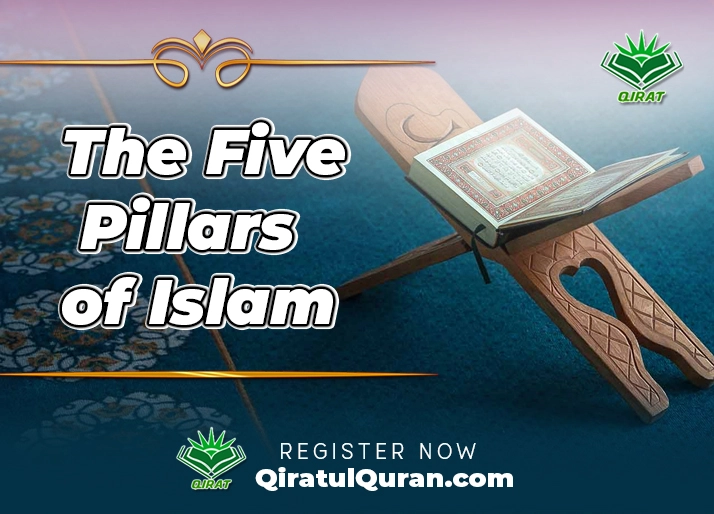
The Muslim Nikah – A Faithful And Islamic Relation
The Muslim Nikah, or Islamic marriage contract, is a sacred bond that unites a man and woman in holy matrimony. It is not merely a legal agreement but a profound spiritual covenant made in the presence of Allah (God) and the Muslim community. This significant step marks the beginning of a new chapter in the lives of the bride and groom, one that is rooted in mutual love, respect, and commitment.
Understanding the Benefits of Nikah
A Divine Commandment
The Muslim Nikah In Islam, marriage is considered a divine commandment and a fulfillment of one-half of one’s religious obligation. The Quran and the teachings of Prophet Muhammad S.A.W emphasize the importance of marriage and the blessings it brings to individuals, families, and society as a whole.
A Lifelong Partnership
The Nikah is not just a temporary union; it is a lifelong partnership that requires unwavering dedication, patience, and devotion from both spouses. It is a commitment to share life’s joys and sorrows, to support and nurture each other, and to establish a household built on the principles of love, kindness, and Islamic values.
Preparing for the Nikah
Meeting the Requirements
Before embarking on the journey of marriage, it is crucial to ensure that both the bride and groom meet the necessary Islamic requirements. These include being of sound mind, having reached the age of maturity (typically defined as puberty), and being of the Muslim faith.
Seeking Parental Approval
In Islam, seeking the approval and blessings of parents or legal guardians is highly encouraged and considered a sign of respect and obedience. This step not only honors the family but also ensures that the couple has the support and guidance they need as they embark on their new life together.
Choosing the Right Partner
Selecting a compatible spouse is of paramount importance in Islam. The Quran and the teachings of Prophet Muhammad S.A.W guide the qualities to look for in a potential partner, such as piety, good character, and compatibility in religious beliefs and values.
The Nikah Ceremony
The Mahr (Bridal Gift)
One of the essential elements of the Nikah ceremony is the Mahr or bridal gift. This gift, which can be monetary or in terms of valuable possessions, is given by the groom to the bride as a token of his love and commitment, as well as a sign of her financial security.
The Walli (Guardian)
In Islam, the presence of a Walli, or guardian, is required for the Nikah to be valid. The Walli is typically the bride’s father or a close male relative who acts as her representative and gives consent to the marriage on her behalf.
The Proposal and Acceptance
The Nikah ceremony starts with the groom or his representative proposing marriage to the bride or her Walli. This proposal is made in the presence of witnesses and is followed by the bride’s acceptance, signifying her voluntary consent to the union.
The Khutbah For Nikah (Sermon)
A Khutbah, or sermon, is often delivered during the Nikah ceremony. This sermon typically highlights the importance of marriage in Islam, the rights and responsibilities of the spouses, and the goodness of leading a life guided by Islamic principles.
The Nikah Contract
The Nikah contract is a legal document that outlines the terms and conditions of the marriage. It includes the names of the bride and groom, the Mahr amount, and any specific provisions or stipulations agreed upon by both parties.
The Witnesses (Shahid)
The presence of two Muslim witnesses is required to legalize the Nikah ceremony. These witnesses serve as legal assistants to the marriage life and ensure the authenticity of the union.
The Celebration After Nikah
After the Nikah ceremony, it is customary for the newlyweds and their families to celebrate this joyous occasion with a Walima, or wedding feast. This celebration brings together loved ones to offer their congratulations, blessings, and well-wishes to the newly married couple.
Post-Nikah Responsibilities
Mutual Respect and Love
The Nikah is not the end of the journey but it’s the beginning of a long life journey. Islam highlights the importance of mutual respect, love, and kindness between spouses. Both the husband and wife have clearly defined rights and responsibilities that must be upheld to foster a harmonious and fulfilling relationship.
Building a Righteous Family
One of the primary goals of the Nikah is to establish a righteous family that serves as the base of a powerful and quality society. Couples are encouraged to raise their children in an environment that nurtures their spiritual, moral, and ethical development, instilling in them the teachings of Islam and the values of compassion, justice, and service to humanity.
Seeking Knowledge and Growth
Marriage in Islam is not only a physical union but also a spiritual and intellectual partnership. Couples must seek knowledge together, engage in meaningful discussions, and support each other’s personal growth and development. This fosters a deeper understanding and appreciation for one another, strengthening the bond between them.
Conclusion
The Muslim Nikah is a beautiful covenant that symbolizes the merging of two souls in the presence of Allah (God) and the Muslim community. It is a profound journey that begins with meticulous preparation, continues with a beautiful and meaningful ceremony, and culminates in a lifelong commitment to love, respect, and nurture one another. By adhering to the teachings of Islam and seeking guidance from the Quran and the Sunnah (teachings of Prophet Muhammad S.A.W), couples can make this path with faith, wisdom, and the blessings of the Almighty.





